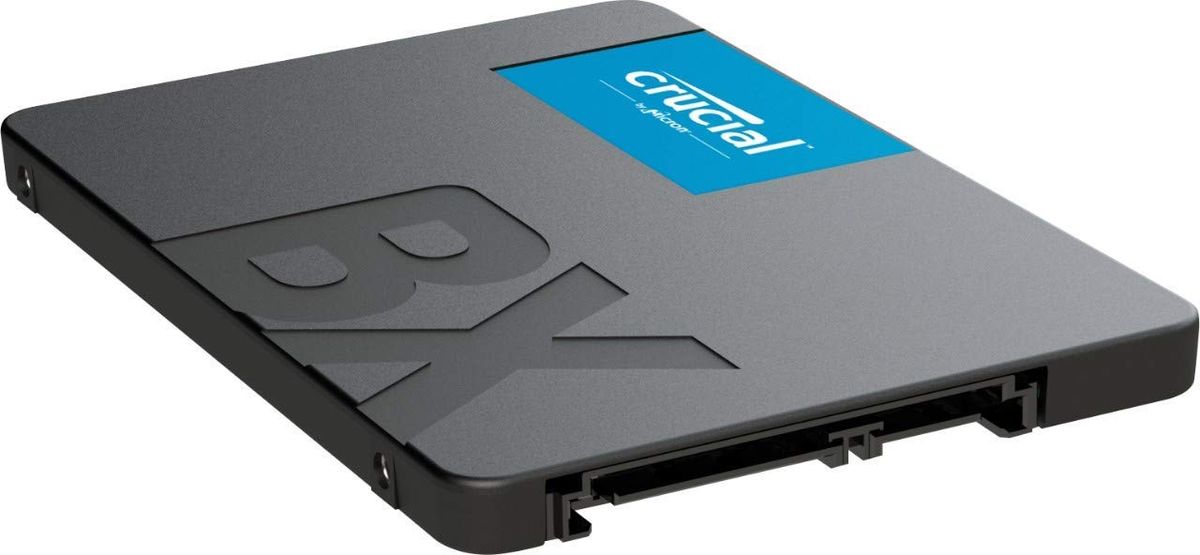The new GSMA survey finds that two thirds of consumers in the Asean region are very concerned about the growing threat of fraud; one in ten scammed last year
September 23, 2025, Kuala Lumpur: The GSMA Asia Pacific Crossection Anti-Scam Task Force (ACAST) is asking the governments now their agencies for the application of the law to help protect citizens from the growing threat of mobile scams by attacking criminals who use SMS standards.
SMS Blárters are emerging quickly as one of the main challenges for mobile network operators in Pacific Asia in the fight against digital scams. These devices are portable and false mobile base stations that criminals can fit at the start of their car or in a backpack and exploit thousands of fraud text messages to users close to mobile devices. The devices can be automatically configured to the surrounding network and do not require technical experience to operate. As criminals locate SMS Blasters near their victims, they can avoid legitimate mobile networks and avoid protection measures against Spama.
Mobile network operators and law enforcement agencies have recently reported SMS Blster Criminal Activity in Asia Pacific, in markets, including Cambodia, Indonesia, Japan, Malaysia, New Zealand, Philippines, South Korea, Taiwan, Thailand and Vietnam.
Digital scams are a growing concern throughout the region, with a new survey published today, commissioned by the GSMA, discovering that almost one in ten consumers (8%) throughout the Asean region has been scammed in the last 12 months. Consumers' concerns about digital fraud and scams are very high throughout the Asean region with more than two thirds (67%) of consumers who report that they are “very worried” about the threat. About 84% of respondents believe that scams are increasing.
The mobile industry requires government support to address the threat of SMS Blasters
Given this increasing threat, the members of the Anti-SCAM Working Group (Acast) of Asia Pacific de Asia de la GSMA, today asked their governments and agencies to apply the law to penalize the sale, purchase, possession and use of Blasters SMS.
Announced at the Summit of the Digital Nation GSMA KUALA LUMPUR (ASEAN EDITION), ACAST heads a unified response of the industry to the threat of SMS in the region. Today, the Alliance asked governments, their law enforcement agencies and regulators in Asia Pacific, where the use of the equipment is more frequent, A:
- Make strict sanctions for individuals and organizations involved in SMS Blaster activities, including the sale, purchase, possession and use of SMS Blaster devices.
- Strengthen cross -border cooperation to interrupt the illicit manufacturing and distribution of the SMS Blaster equipment.
- Support mobile network operators to locate and arrest people who operate SMS Blasters.
The Anti-SCAM Working Group (ACAST) of Asia Pacific, led by GSMA, was launched earlier this year to join mobile network operators and digital platforms in 16 countries in a collaborative struggle against scams through the exchange of intelligence, public awareness and technical innovation. Acast already includes more than 30 members, including members of the mobile operator, including AIS, Bharti Aurtel, Celcomdigi, Globe, M1, Maxis, Reliance Jio, Singtel and True.
“Asia consumers lost almost $ 700 billion due to digital scams, even phishing scams sent by SMS Blásters. This is a problem that cannot be left control. Otherwise, it will grow causing damage to the public and damage to digital trade,” said Julian Gormán, head of Asia Pacific, GSMA. “There is no legitimate reason why people should be able to buy these devices through the Internet. That is why we are asking the mobile industry, the application of the law and the governments that act now and work together to eliminate this growing threat to societies and economies in Asia Pacific.”
The members of the mobile network operator participating in ACAST are actively working to implement detection techniques and monitoring spam reports to protect consumers from the damage caused by SMS Blasters. Some operators are also developing or implementing tools such as mobile applications with incorporated protections, including the ability to identify and forward suspected SMS to analysis servers. At the same time, GSMA and ACAST have issued guidance and have asked the broader mobile industry to take advantage of their technology and detection capabilities to identify and mitigate the activity of SMS BLASTER. They also advocate greater cooperation and exchange of knowledge between mobile networks and law enforcement agencies.
However, these efforts will have a limited impact unless:
- Regulators act against those operational SMS standards for the illegal use of the license radiofrequency spectrum;
- The agencies of application of the law and the prosecutors enforce strict sanctions for the sale, purchase, possession and use of SMS BLASTER devices; and
- Customs agencies cooperate across borders to interrupt the manufacture, distribution and supply of Blaster SMS equipment.
Criminals will continue to acquire and operate these devices, flood consumers with malicious messages and undermine detection efforts unless the robust deterrent to change the course are implemented.









